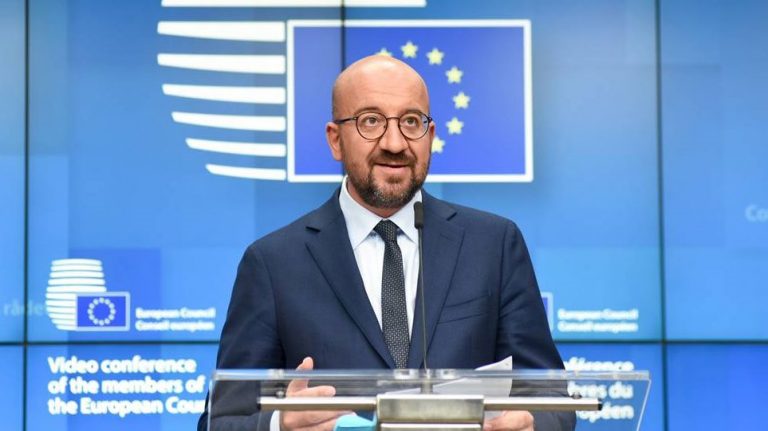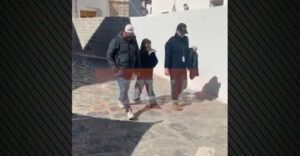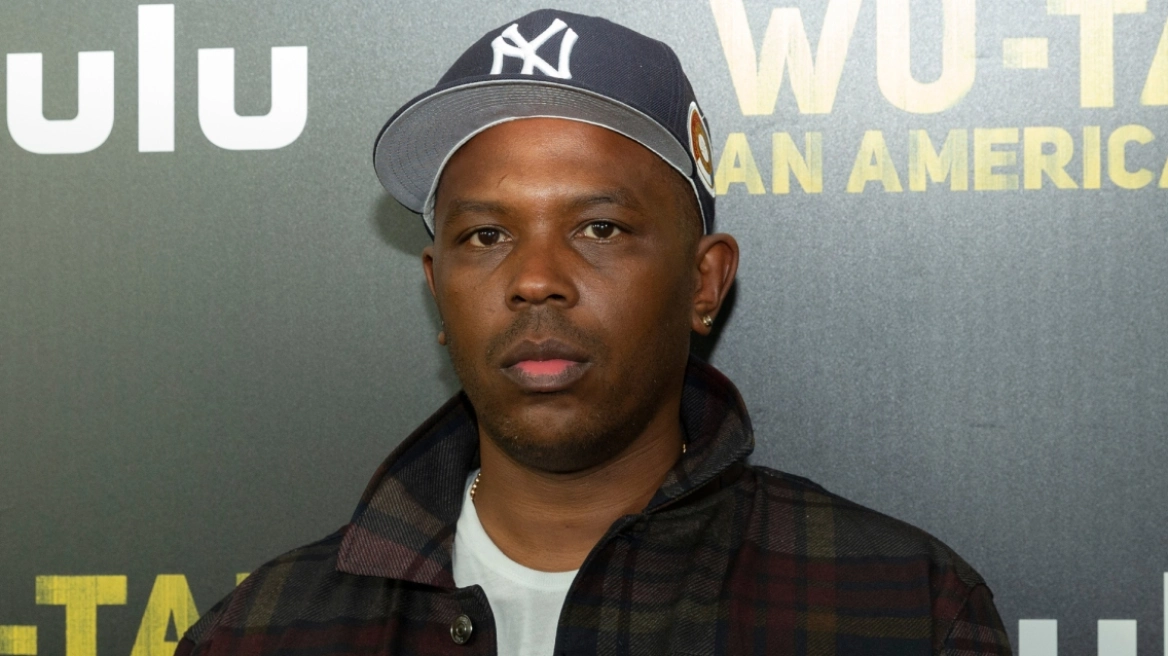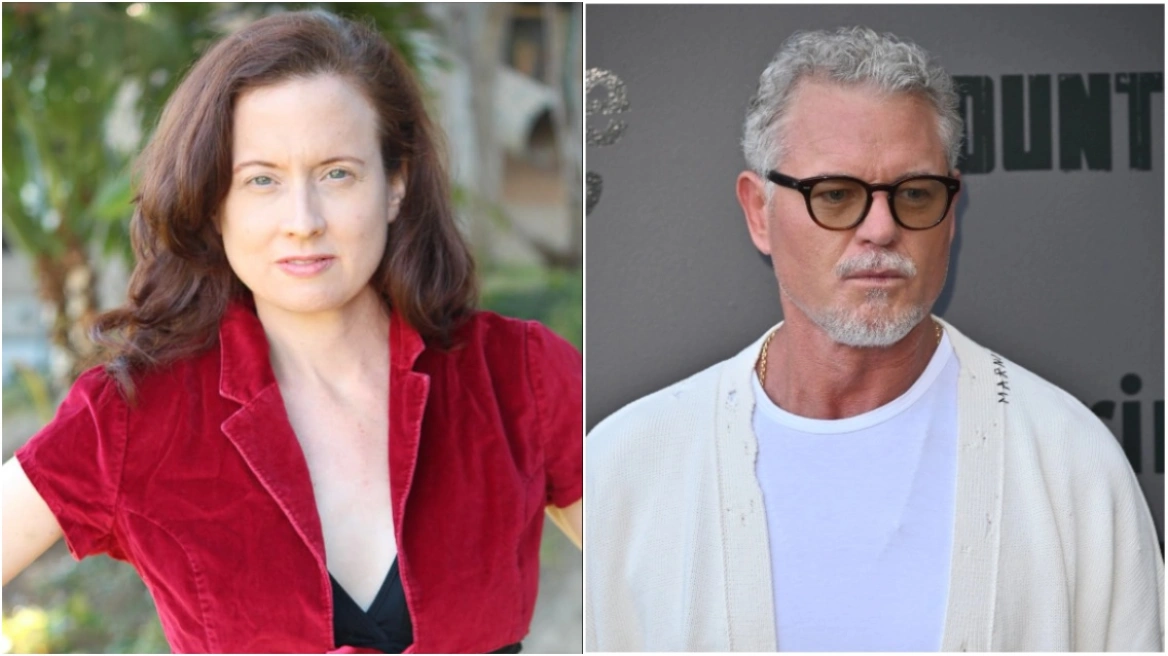Some 15 years ago, European Commission President Romano Prodi proposed a vision of Europe surrounded by “a ring of friends.” His words did not age well. Today, instead, the Continent finds itself encircled by czars, sultans and emperors, ruthlessly playing the EU.
Another standoff with Russian President Vladimir Putin looms. Turkish President Recep Tayyip Erdoğan is redrawing the map of the eastern Mediterranean. Chinese President Xi Jinping is expanding his influence in the Balkans. Then there’s Donald Trump, who calls the EU “almost as bad as China, just smaller.”
The EU’s response has been a reboot of its 70-year-old consensus based on peace, rules and trade — but also a recognition that it needs to become a global player. Commission President Ursula von der Leyen has dubbed her Commission “geopolitical.” EU High Representative Josep Borrell has urged Europe to learn “the language of power.” European Council President Michel has said: “Europe needs to be a player, not a playing field.”
How exactly Europe plans to make this metamorphosis into global player, however, remains unclear.
EU Summit: Greece & Cyprus push for strict statement against Turkey but Germany hesitates once again
Germany and France give Turkey a 7-day ultimatum
As always in Brussels, answers are sought in the form of policy instruments, procedures and mechanics. If the EU is to be a player, officials argue, it needs a stronger euro, more robust trade policies, an army. In her State of the Union address, von der Leyen added her voice to the chorus calling for majority voting on foreign policy instead of unanimity, to allow for more flexibility and faster action when it comes to imposing sanctions, for example.
But while such innovations are important, they overlook the need for a deeper transformation. The EU doesn’t just need new tools. It needs a new mindset, strategic reflexes and the ethos of a “player.” It must grasp what it means to be a player — existentially and morally — and begin to reason like one.
Read more: Politico
Ask me anything
Explore related questions





